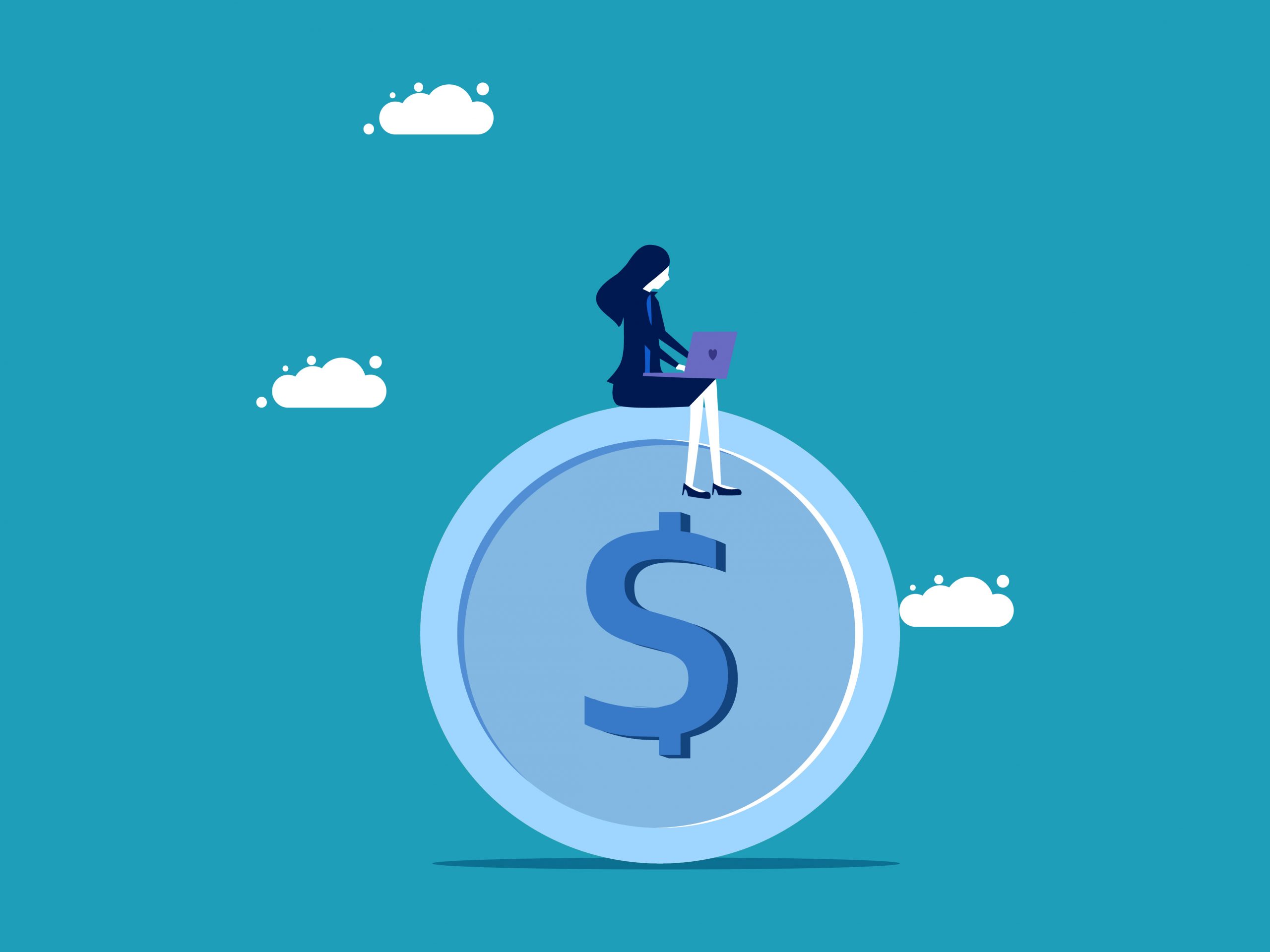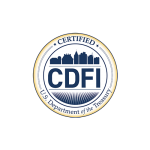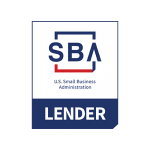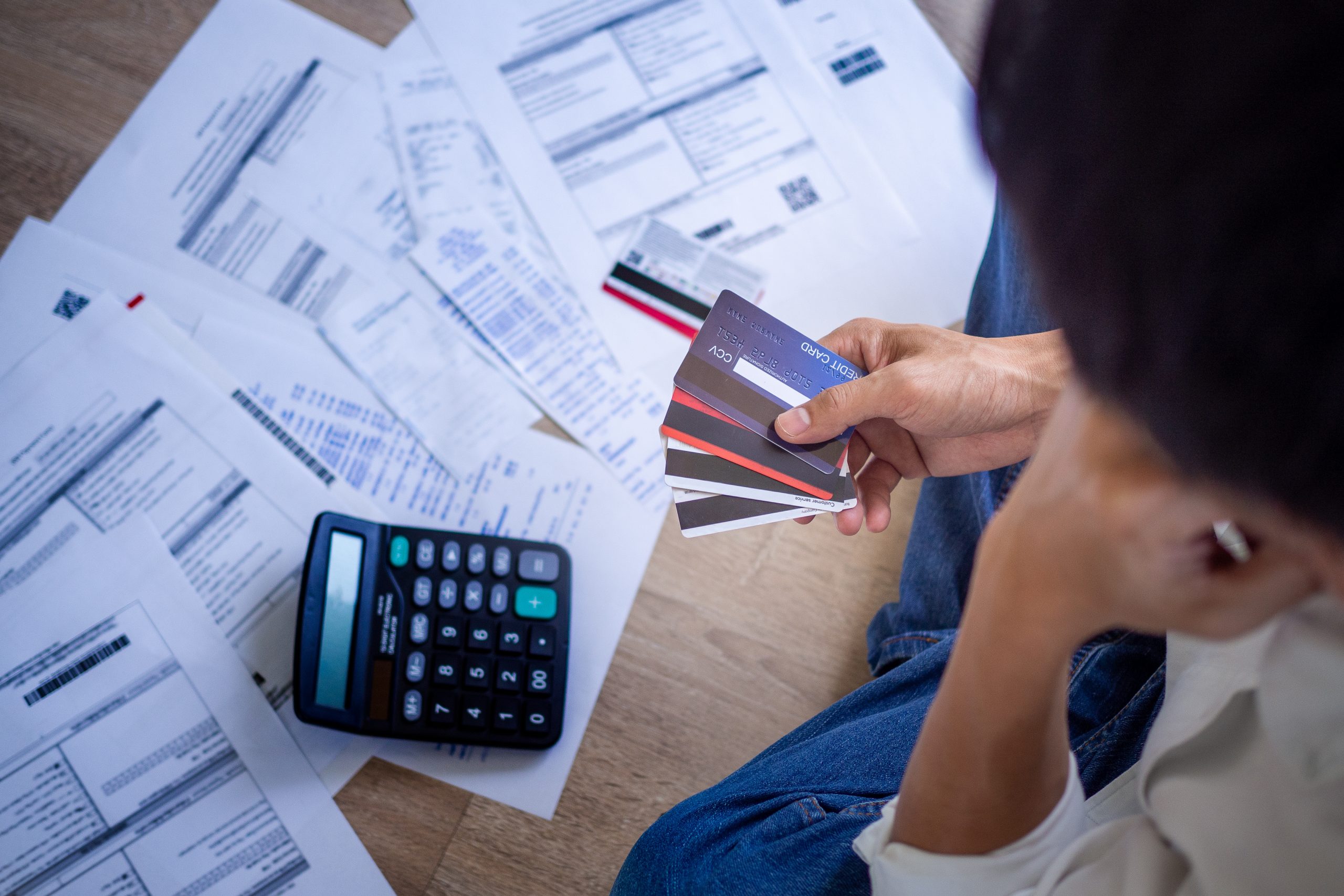
Get Smart About Retail Credit Card Debt
Discharging your retail credit card debt is the smartest thing you can do to improve your finances. Retail credit is easy to obtain, however it’s costly and traps many people in a negative cycle that can be hard to break. If you are carrying a high credit card balance, here are several strategies that can help you break free from your debt burden and help managing your debt.
Target the highest interest debt first.
Tackle your higher interest loan obligations first. Some retail credit cards charge 30% interest rate. Get your high interest cards paid off as soon as possible. Isolate which bills you are going to pay down and double up on payments or pay as much as you can afford until the account is at a minimum balance. You should be using your credit cards as a convenience. If you don’t have enough funds to pay off your charges at the end of the month, don’t buy anything on cards that charge a high interest rate. Make it a point to know what each of your card charges in interest.
Up your debt repayment percentage
Paying off large chunks of your debt within a few months could save you a significant amount of money on interest payments. Most credit card companies only ask you to pay about 2 percent of the outstanding balance each month. Making small, minimum payments means that your debt balances are collecting interest as each month or each year goes by.
To get serious about reducing your debt and managing your debt obligation aim for taking 15 percent of your paycheck and pay down your obligations. Having a firm percentage will make your more disciplined during your debt repayment period.
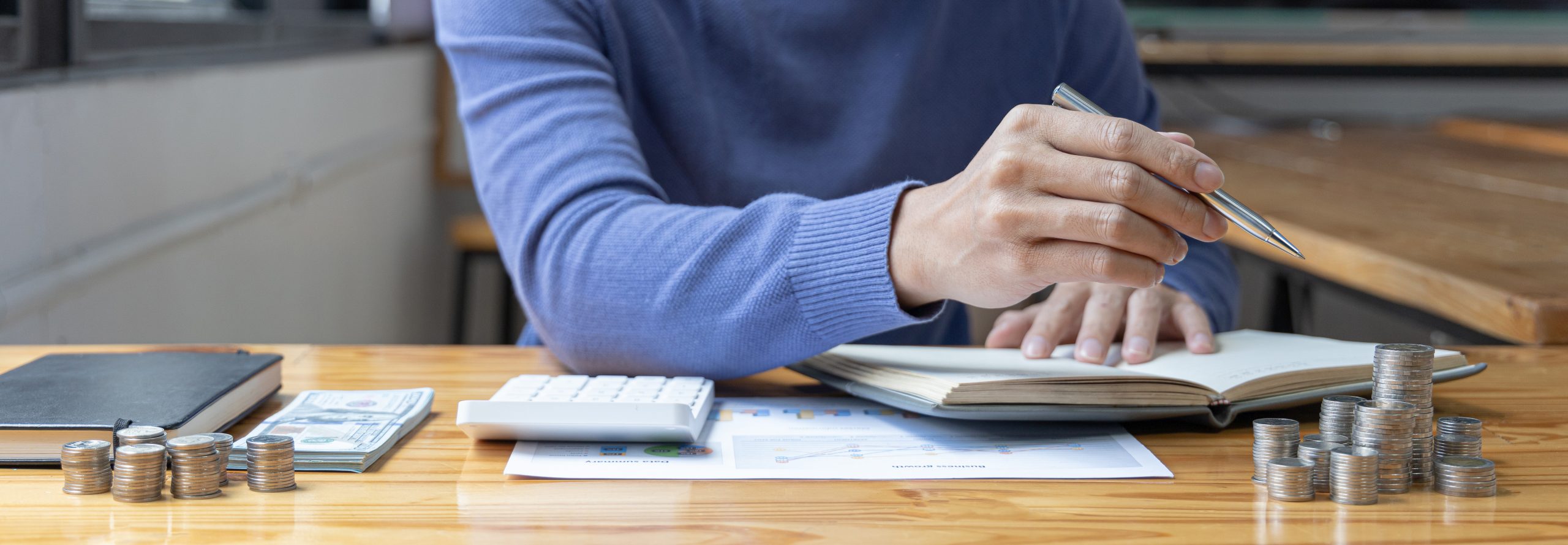
Do a credit card balance transfer
Most of us typically tear up all those credit card balance transfers that arrive in our mailboxes. But if you want to go on a tear with your debt reduction efforts, a balance transfer can help. By transferring high-rate debt to a zero percent deal — one that lasts for 12 months or so — you eliminate all credit-card interest. That frees up cash flow, giving you additional money to knock out those credit card bills. Just read the fine print before signing up to make sure you are really getting that low rate.
Consider Debt Management Tools
Debt consolidation through a personal loan can be another avenue to managing your debt. A personal loan will have a lower interest rate than your credit cards and debt consolidation loans often have shorter, fixed terms than revolving credit card debt. You may be able to pay off your debts faster and know exactly when your last payment will be. Do your research, personal loans vary based on lender, terms and your credit score. So be sure to compare loan terms, including origination fees.
Negotiate for a lower interest rate
Call your creditors to negotiate a lower interest rate. You’ll be surprised how many creditors will be willing to reduce your interest rate based on your payment history and account standing.
If you have maintained a good relationship for a few years, you may be in a much better position to qualify for a lower interest rate. This can help you save some money on interest payments as you pay down that debt over the course of the year.
Use your tax refund check to pay down debt
Resolve that this year’s tax refund check will be applied to debt repayment. Instead of splurging on another purchase, use it to pay off one or all of your consumer debt. Consider the value of reducing your monthly payments with a single lump sum debt payoff strategy. You’ll enjoy the benefits of a lighter debt load over the entire year and for years to come, instead of enjoying the short-term satisfaction of a purchase.
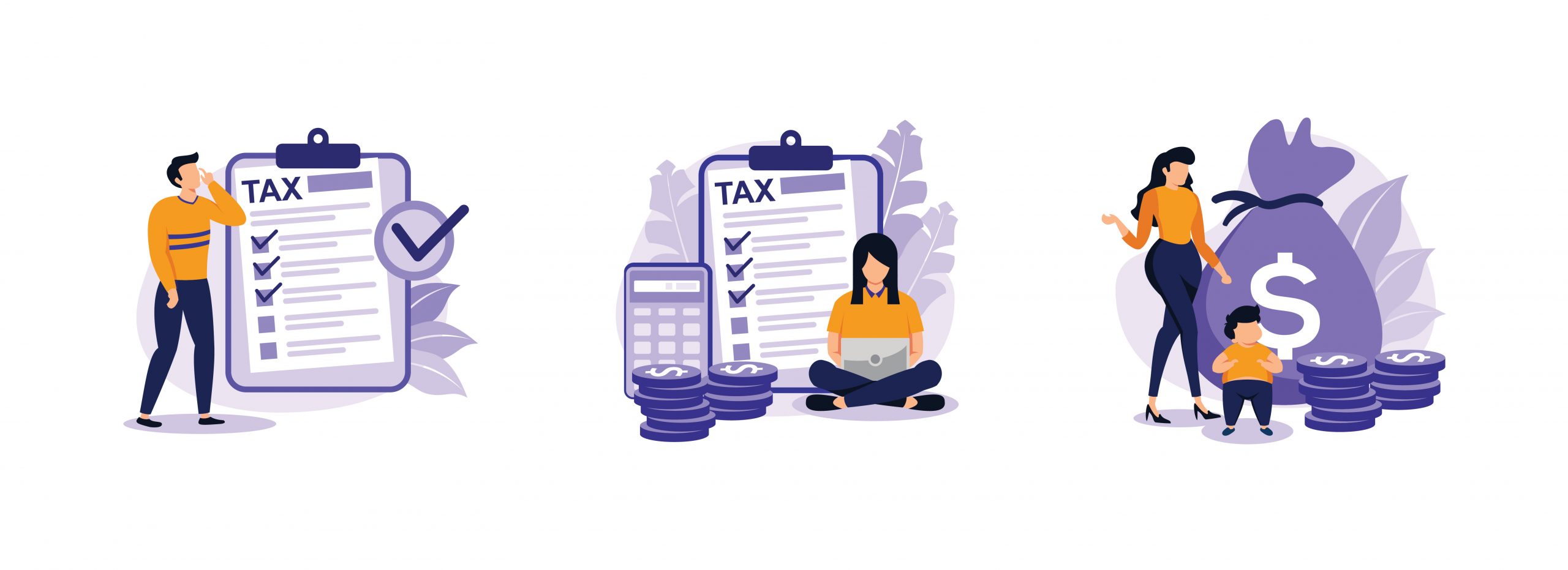
Sell items for cash
Put together a list of items that you could sell on eBay, Craigslist, or at a garage sale. Drumming up some extra cash by selling items you no longer need or are ready to part with — and using the proceeds to pay down debt — can help you rapidly lighten your debt load.
Make more money
If you’re very determined to pay off that debt within the year, you should look for ways to increase your income and use that extra money to pay off debt as quickly as possible. Whether it’s taking on a part-time job or negotiating a raise with your boss, think of some ways to start earning more money for at least a few months and make debt elimination a high priority.
File bankruptcy to discharge your credit card debts
Bankruptcy should only be used as a last-ditch option to rid yourself of debt. But under extreme circumstances — as when you have no income or you have completely unmanageable credit card payments or medical bills — a Chapter 7 bankruptcy filing is appropriate to discharge credit card bills in their entirety.
If you feel morally obligated to repay your debts, you can also look into Chapter 13, which reduces some of your credit card bills. Then you repay the remaining debt over a 3-5 year period.
Make A Plan To Stay Out Of Debt In The Future
Paying off debt is only one part of a debt management strategy. A second part is focusing on how to stay out of debt. This includes coming up with a budget management plan and setting savings goals to stay on track. Once debt has been repaid, it is important to make a realistic budget based on earning power and basic needs. Cutting down on unnecessary spending is also key to avoiding getting caught up in consumer debt again.
The Bottom Line
Though managing your debt may seem overwhelming at times, it can be managed! With a little organization, strategy and planning, you can pay down debt and get on track towards a solid financial future.
The right amount and type of debt can help you achieve a number of financial goals, from building your credit score to buying a house to saving for education, but in order to optimize your financial future, it’s critical to keep your debt in check.

